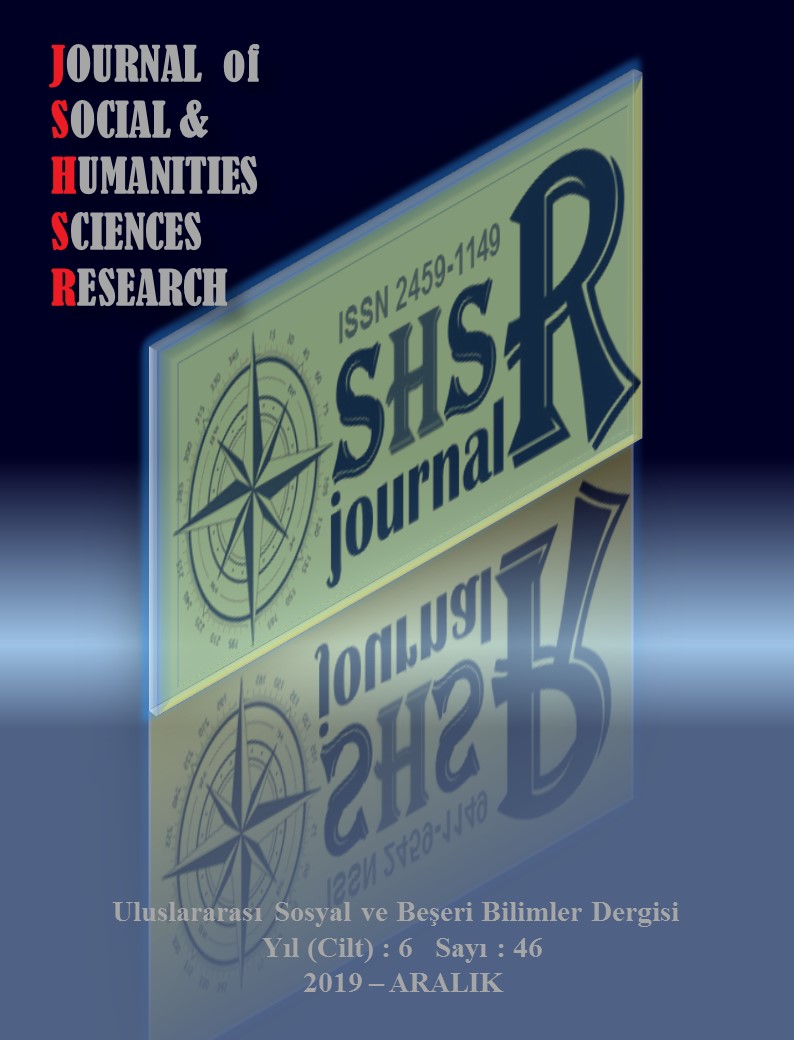DETERMINATION OF THE DEMOGRAPHIC MAP OF EMPLOYEES IN HOTEL ENTERPRISES: A CASE OF KONYA
DOI:
https://doi.org/10.26450/jshsr.1647Keywords:
Demographic map, Konya, Hotel enterprises, Hotel employeesAbstract
Hotel enterprises are one of the most important elements of the service sector. Hotel establishments are labour-intensive
enterprises and in all cases, the human factor is the front-line. Employees are in one-to-one interaction with the customer in
almost every aspect of the service provided. This requires that employees' approach to customers, their behavior, and service
delivery are at their best. Knowing how employees should behave to customers and giving maximum expectations to
expectant can directly contribute to increasing service quality. The employees to be able to have this qualification
employing tourism training. In the survey, it is aimed to determine the demographic maps of the employees in the hotel
enterprises. As a result of the research, the answers of the questions such as how many of the employees of the hotel enterprises
have been educated in tourism, the level of education they have received, how many years they have been working in the sector
and in which position they have worked has been reached. The research was conducted on the employees of hotel companies
operating in Konya. Survey technique was used as a data collection tool. The data obtained were analyzed and interpreted
through the statistical package program (SPSS). As a result of the study, it was found that more than half of the employees did
not receive any tourism education at any level. It was concluded that the majority of the employees worked at a minimum wage
level and were not satisfied with this situation.
Downloads
Published
How to Cite
Issue
Section
License
Copyright (c) 2019 INTERNATIONAL JOURNAL OF SOCIAL HUMANITIES SCIENCES RESEARCH

This work is licensed under a Creative Commons Attribution 4.0 International License.


